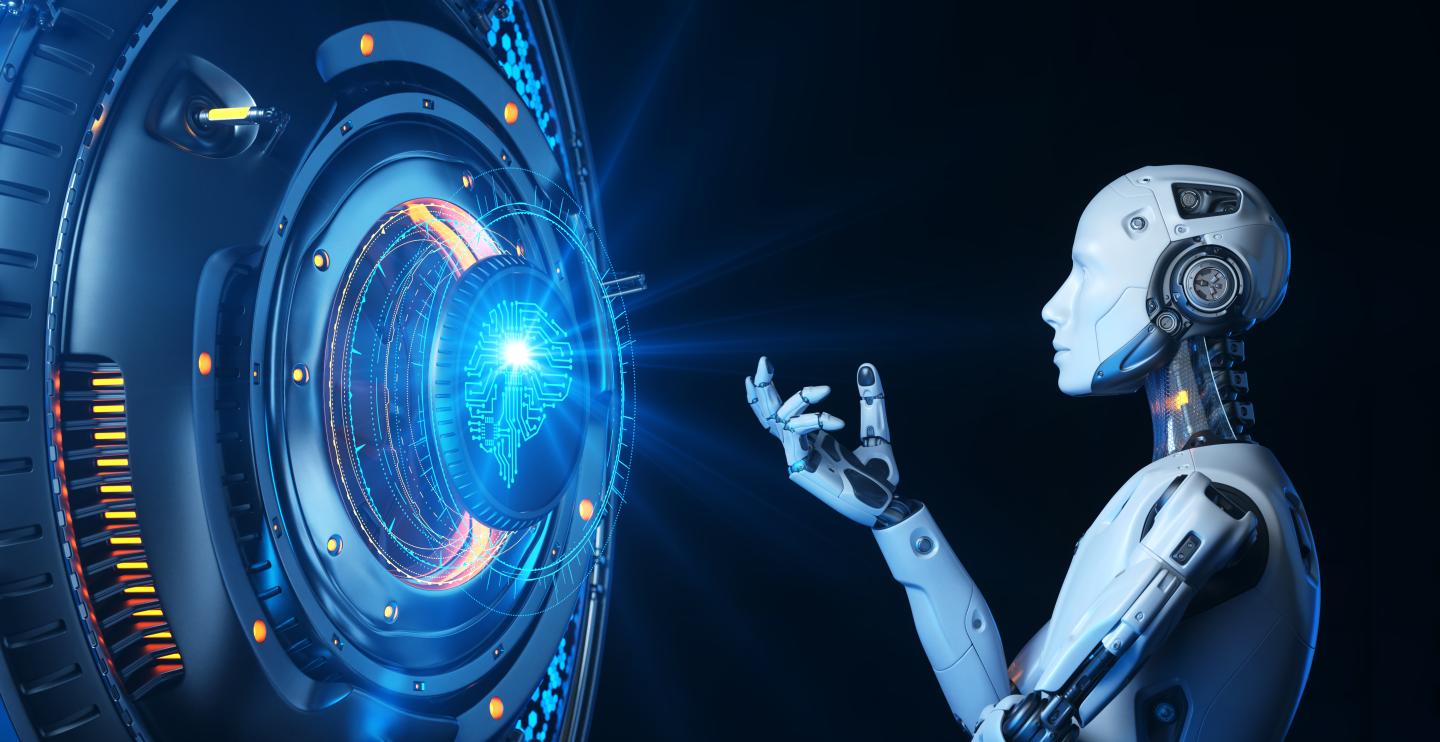Title: Unraveling the Wonders of Machine Learning: A Journey into Intelligent Systems
In the rapidly evolving landscape of technology, few fields hold as much promise and transformative potential as Machine Learning (ML). Rooted in the concept of enabling computers to learn from data and improve over time without explicit programming, ML has emerged as a cornerstone of innovation across various industries. As we delve into the intricacies of this dynamic discipline, let us embark on a journey to unravel the wonders of Machine Learning.
At its essence, Machine Learning empowers computers to analyze vast datasets, identify patterns, and make intelligent predictions or decisions based on that data. Unlike traditional programming approaches, where algorithms follow predefined rules, ML algorithms learn from experience, continually refining their models to achieve greater accuracy and efficiency.
One of the most prevalent applications of Machine Learning lies in the realm of data analytics and predictive modeling. By leveraging ML algorithms, organizations can extract valuable insights from complex datasets, uncovering hidden trends, correlations, and anomalies that may not be apparent to human analysts. From predicting customer preferences and market trends to optimizing business processes and resource allocation, ML-driven analytics has become indispensable in driving data-driven decision-making across industries.
In the domain of healthcare, Machine Learning is revolutionizing patient care and treatment outcomes. ML algorithms can analyze medical images, such as X-rays and MRIs, to assist radiologists in diagnosing diseases and detecting abnormalities with greater accuracy. Additionally, predictive models built on patient data can help identify individuals at risk of developing certain conditions, enabling proactive interventions and personalized treatment plans.
Another area where Machine Learning shines is in natural language processing (NLP) and language translation. From virtual assistants like Siri and Alexa to language translation services like Google Translate, ML-powered NLP algorithms enable computers to understand and generate human language with remarkable accuracy. These advancements have opened up new possibilities for communication, collaboration, and access to information on a global scale.
In the realm of finance, Machine Learning is driving innovations in fraud detection, risk assessment, and algorithmic trading. ML algorithms can analyze transactional data to detect suspicious activities and identify fraudulent transactions in real-time, helping financial institutions mitigate risks and safeguard customer assets. Furthermore, ML-driven predictive models can analyze market trends and trading patterns to inform investment decisions and optimize portfolio performance.

However, the widespread adoption of Machine Learning also raises ethical and societal concerns that warrant careful consideration. Issues such as algorithmic bias, data privacy, and the potential for job displacement underscore the importance of responsible AI development and governance. As we harness the power of ML to drive progress and innovation, we must ensure that it is deployed ethically and transparently, with due regard for the broader impact on society.
In conclusion, Machine Learning represents a paradigm shift in the way we approach problem-solving, decision-making, and innovation in the digital age. From predicting consumer behavior to diagnosing diseases, the applications of ML are as diverse as they are profound. As we continue to unravel the wonders of Machine Learning, let us embrace its potential to transform our world for the better, guided by the principles of innovation, ethics, and human-centered design. For in the ever-expanding realm of intelligent systems, the possibilities are limited only by our imagination and ingenuity.


